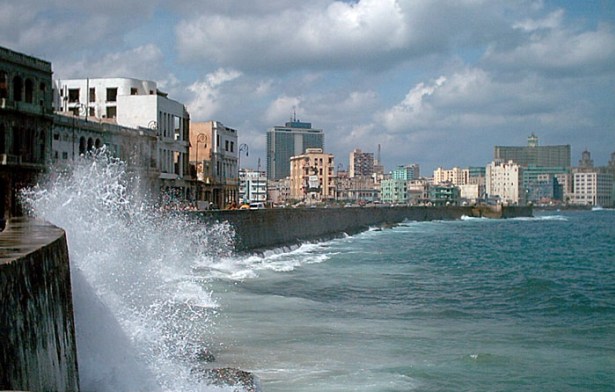MEMORIES OF AN OLD CAMERA: “THE CUBAN NATIONAL SEPTET”.
The Cuban National Septeto (National Septet), or the Septeto Nacional de Ignacio Piñeiro, is a group credited with expanding the Son musical style before Arsenio Rodríguez. It added the trumpet to percussion, vocals, and strings. The group started as a sextet in 1927 in Central Havana. In 1929 it played at the World Exposition in Sevilla, and in 1933, it was invited to the “Century of Progress” World Exposition in Chicago. In the same year, Lázaro Herrera took over the group when Ignacio Piñeiro left it for financial reasons – despite their success the musicians earned very little. The group disbanded in 1937 but resumed playing for a recording session in 1940 and a television appearance in 1954.
In 1962, he presented at the First National Folk Music Festival organized by the National Council of Culture, led by musicologist and pianist Odilo Urfé. In the period covering the years 1963-1973, the septet was formed by: Ignacio Piñeiro, director; Hilario Ariza, three, Rafael Ortiz, guitar and second voice in the choir; Joseíto Nunez, tenor, guides and keys; Welcome Leon, baritone and maracas, Charles Burque, bass; Marino Gonzalez, bongos (in 1971 it was replaced by Mario Carballo), and Lazaro Herrera, trumpet. In 1969, the death Piñeiro, the direction of the group went to Rafael Ortiz. In 1973 enters the septet as raw voice Antonio Garcia, and in 1976 he rejoined Carlos Pack.
Youtube/MiviejacamaraAV/www.thecubanhistory.com
The Cuban History, Hollywood.
Arnoldo Varona, Editor.
RECUERDOS DE UNA VIEJA CÁMARA: “EL SEPTETO NACIONAL CUBANO”.
El Septeto Nacional Cubano (National Septeto) o el Septeto Nacional de Ignacio Piñeiro, es un grupo acreditado con la ampliación del estilo musical Hijo antes de Arsenio Rodríguez. Se añadió la trompeta de percusión, voces y cuerdas. El grupo comenzó como un sexteto en 1927 en Centro Habana. En 1929 jugó en la Exposición Universal de Sevilla y, en 1933, fue invitado al “siglo de progreso” Exposición Mundial de Chicago. En el mismo año, Lázaro Herrera se hizo cargo del grupo cuando Ignacio Piñeiro dejó por razones financieras – a pesar de su éxito de los músicos ganaban muy poco. El grupo se disolvió en 1937, pero volvió a jugar para una sesión de grabación en 1940 y una aparición en televisión en 1954.
En 1962, se presentó en el Primer Festival Nacional de Música Folk organizado por el Consejo Nacional de la Cultura, dirigido por el musicólogo y pianista Odilio Urfé. En el período que abarca los años 1963-1973, el septeto estaba formado por: Ignacio Piñeiro, director, Hilario Ariza, tres, Rafael Ortiz, guitarra y segunda voz en el coro, Joseíto Núñez, tenor, guías y llaves; Bienvenido Leon, barítono y maracas, Charles Burque, bajo; Marino González, bongos (en 1971 fue sustituido por Mario Carballo), y Lázaro Herrera, trompeta. En 1969, la muerte Piñeiro, la dirección del grupo fue a Rafael Ortiz. En 1973 entra en el septeto como la voz prima Antonio García, y en 1976 se reincorporó a Carlos paquete.
Youtube/MiviejacamaraAV/www.thecubanhistory.com
The Cuban History, Hollywood.
Arnoldo Varona, Editor.



